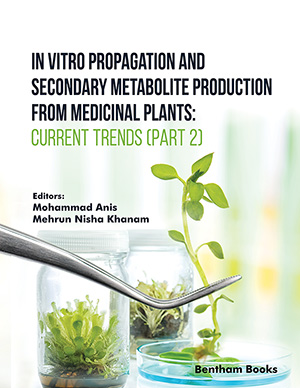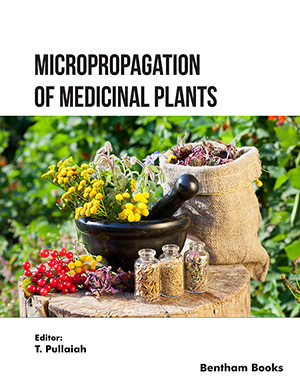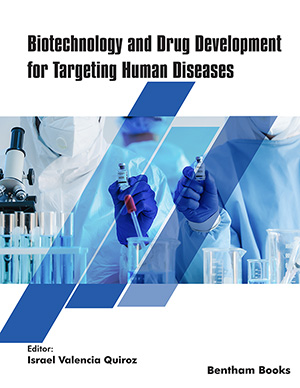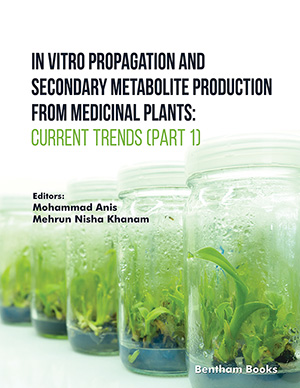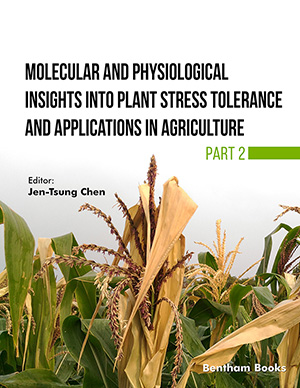Abstract
An abdominal aortic aneurysm (AAA) is usually asymptomatic until the catastrophic event of rupture. Ruptured aneurysms cause ∼5000 deaths each year in the UK. A recent randomized control led trial showed the efficacy of screening for AAA. If a screening programme is implemented, there will be an increase in the detection of small AAAs. AAAs are normally not surgically repaired until their diameter exceeds 5.5cm. A policy of ‘watchful waiting’ is however not risk free as 10% of asymptomatic AAA that rupture are less than 5 cm in diameter. An effective pharmacological treatment to limit aneurysm growth and the risk of rupture would justify screening programmes. The use of agents such as MMP inhibitors, HMG CoA inhibitors and anti-infective agents has yielded disappointing results in clinical trials so far. Adoption of a targeted or personalized treatment strategy may conceivably refine the ongoing efforts to develop efficacious and safe novel treatments for AAA. The cause of AAAs is multifactorial, but 15-20% of patients inherit this condition. There is an approximately 7-fold increase in the prevalence of aortic aneurysms in the male siblings of affected individuals. A monogenic disorder resulting in AAA has not been found, but it is plausible that an inherited predisposition to “sporadic” AAAs may also exist. Over the past decade, there have been an increased interest in identifying specific genes that could be responsible in AAA expansion and progression. This manuscript provides an integrated overview of (1) linkage studies, (2) association studies and (3) micro array analysis aimed at identifying the genes responsible for the development and continued expansion of AAA, and the implications for discovery of novel drug targets and personalized therapy.
Keywords: Molecular Genetics, Therapeutic Implications, abdominal aortic aneurysm (AAA), monogenic disorder, collagen, fibrillin, cysteine proteases


















